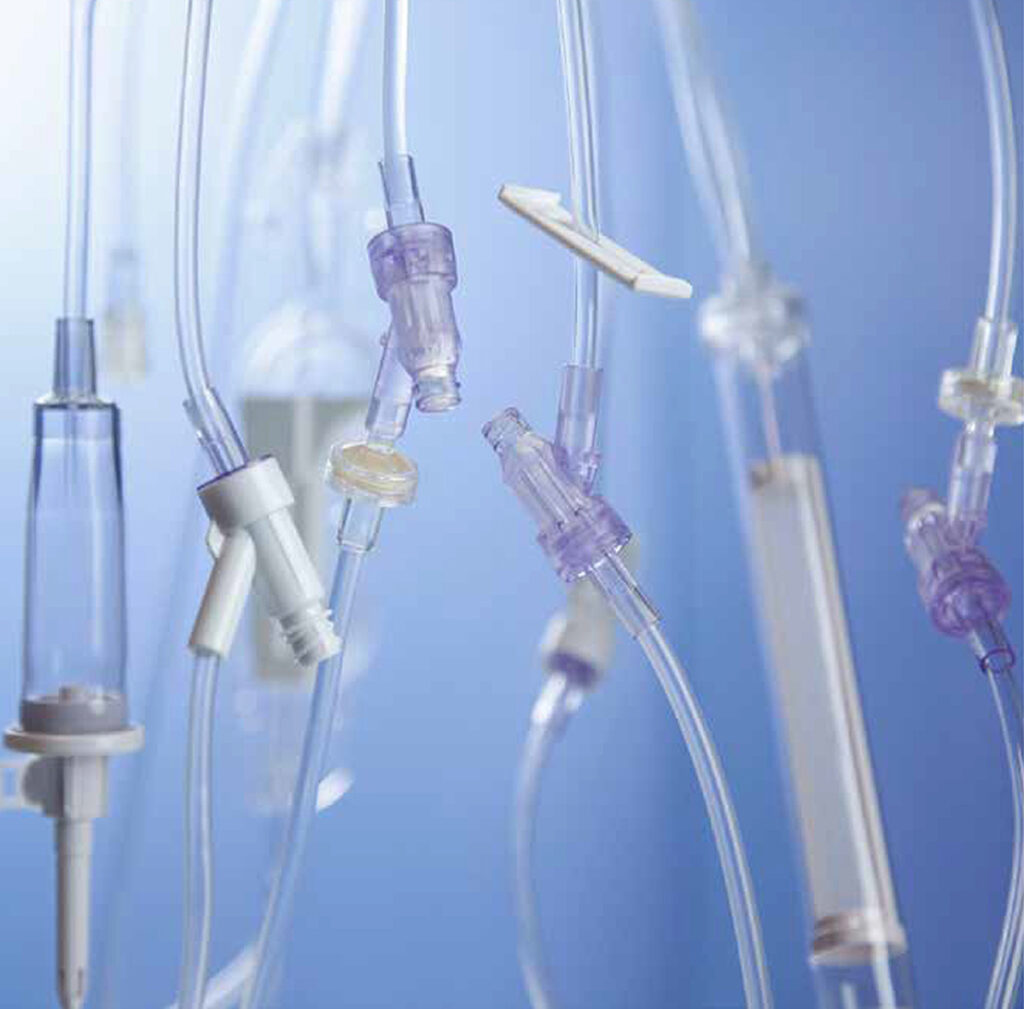At the forefront for over 40 years, B. Braun takes aim at chemicals of concern
Sponsored – B. Braun Medical
Embracing a sustainability mindset in healthcare links health systems to safer products for patients and staff and greener operations. Today, it’s a business approach across many global industries.
Health system supply chain executives must keep sustainability in mind when partnering with manufacturers and sourcing requests for proposals (RFPs).
“Sustainability in manufacturing is a social and economic imperative,” said Rick Williamson, Vice President of Marketing, Channel Development, and a leader of sustainability initiatives for B. Braun Medical Inc. (B. Braun). “Sustainability includes producing zero landfill waste, avoiding use of hazardous substances and contributing to the communities that B. Braun works in.” Sustainability has been fundamental to business for B. Braun for decades. The company’s sustainability goals include achieving a 50% reduction in CO2 emissions globally by 2030 and assessing 80% of its direct supplier spend against global sustainability standards.
B. Braun is reviewing its entire portfolio of products and focusing on eliminating chemicals of concern, such as Diethylhexyl phthalate (DEHP) or polyvinyl chloride (PVC) plastic. We are continuously working with our suppliers to identify short-term safer materials. The changes in product formulation will often result in manufacturing changes as well.
“Manufacturing methods are often times reliant on the materials of construction,” said Dawn Kentner, OEM Product Development Manager for B. Braun. “Changes could be as simple as new tooling or as complex as an entire manufacturing line being rebuilt to accommodate material or chemical changes.”

This takes significant investment. B. Braun has invested more than $1 billion since 2019 to upgrade facilities in Irvine, CA, Allentown, PA and launch its latest intravenous (IV) solutions manufacturing plant in Daytona Beach, FL, which manufactures IV bags not made with DEHP or PVC plastic.
A growing body of evidence shows that Americans receiving care in hospitals and other settings can be exposed to dangerous levels of phthalates, a family of industrial chemicals used to soften PVC. “DEHP is an ortho-phthalate that’s considered to be a carcinogenic, reprotoxic, and endocrine disrupting chemical (EDC), linked to a growing list of illnesses and disorders that afflict people,” Kentner said.
Products not made with DEHP help protect patients, particularly susceptible populations including male pediatric and neonatal patients, pregnant and lactating women, and patients receiving certain chemotherapy medications.
PVC contains vinyl chloride which according to California Proposition 651 is a carcinogenic substance, but Kentner says it’s not eco-friendly either. “We’re assessing our products for changes in materials, especially in the case of ortho-phthalate plasticizers like DEHP.”
B. Braun containers and bags for IV solutions, medications, and irrigation are not made with DEHP or PVC. The company is committed to reducing DEHP and PVC across its’ extensive product portfolio.
“We’re constantly reviewing our product line and seeking alternatives, and I’m proud of our efforts,” Williamson concluded.
1 OEHHA Science for Health California. Proposition 65 Warnings Office of Environmental Health Hazard Assessment: Di(2-ethylhexyl)phthalate (DEHP). June, 2017. https://www.p65warnings.ca.gov/factsheets/di2-ethylhexylphthalate-dehp
